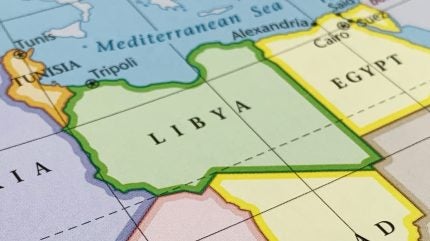
Libya’s oil production has risen above one million barrels per day (mbbl/d) for the first time since August, as political groupings within the nation finally reached a deal on electing a new leadership team for the central bank.
The OPEC member’s output stood at 1,067,000 barrels per day (bpd) over the weekend, according to several news reports citing unnamed government figures.
Back in August, production plummeted to approximately 590,000bpd, according to figures provided by the National Oil Corporation, as political turmoil engulfed the country.
However, full-scale production in the nation resumed on Thursday, although output is still below July’s 1,180,000bpd.
The crisis in August over the control of the Central Bank of Libya heightened the risk of renewed instability in the major oil-producing nation, which has suffered political problems since the fall of Muammar Gaddafi in 2011.
In August, several factions declared their intention to maintain an oil blockade until the Presidency Council and Government of National Unity in Tripoli reinstated central bank governor Sadiq al-Kabir.
The council, led by Mohammed al-Menfi, announced the dismissal of Kabir on 18 August, a decision that was not recognised by the eastern-based House of Representatives parliament.
Libya, divided between eastern and western factions supported by foreign powers, also saw a halt in export operations at key ports within the Oil Crescent region.
In September, it seemed likely that OPEC+ would implement a planned rise in oil output in October as a way to balance cuts by some members and the huge drop in Libya’s oil output.



